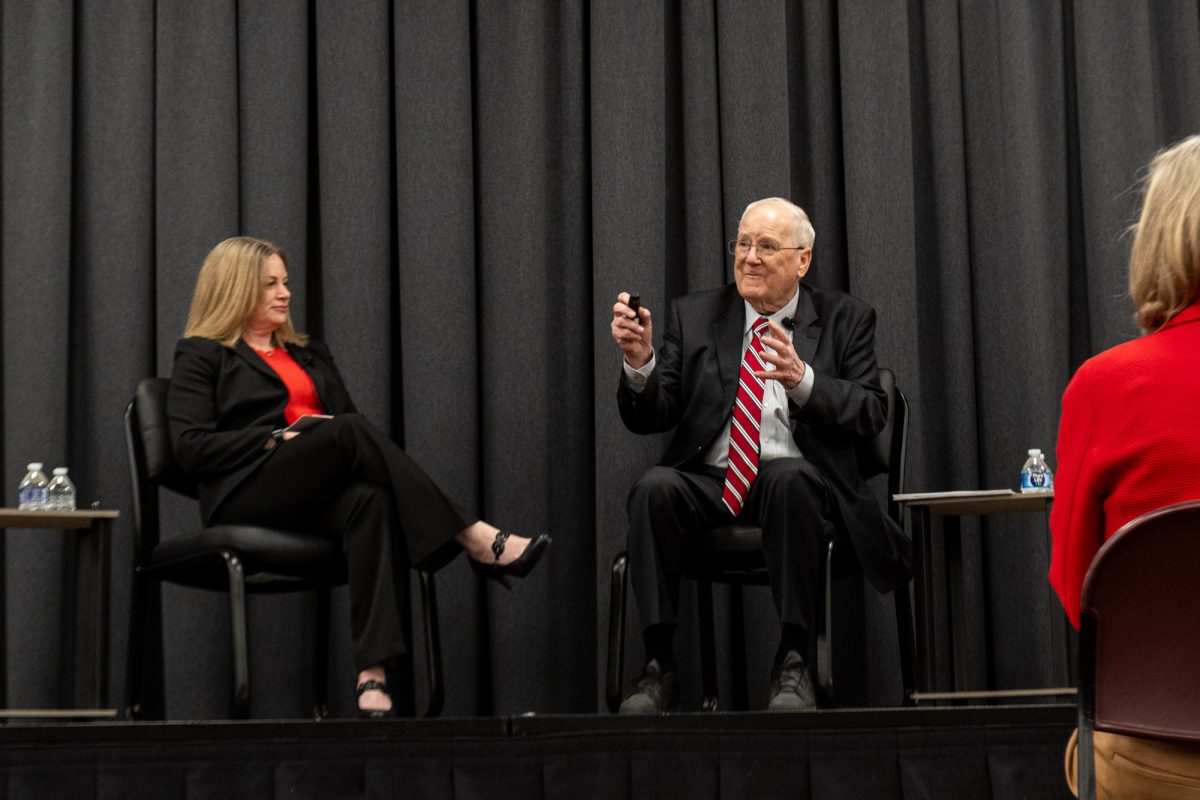ISD Bookshelf: The Hammer and Cycle Messenger Service
November 25, 2014
“The Hammer and Cycle Messenger Service” is an unengaging read. I could not even finish it, though I do know how it ends. I love to read, and I normally force myself to finish books that are not moving at a pace I like. However I just could not find a reason to continue this novel. Historical fiction is my favorite genre to read, and I have enjoyed dense books. Not this one.
The book starts off incredibly dry and sluggish, despite detailing a traffic accident. There are several reasons for the novel’s inability to pick up steam.
The first is the difficult writing style of the author, Charles M. Fraser. His sentences contain too much information, displaying an inability to condense heavy political and social commentary. Sentences run on longer than they should, causing them to lose their informative purpose. The meaning of the words becomes confusing when there are too many to handle.
The sentence problem can be traced to the second reason for why the book is so slow. Fraser attempts to include a complex backstory for the main character, Hank Greenway, in eighty pages of dialogue. We are forced to engage in Greenway’s intense political cynicism through not only through his eyes but also from the perspective of other characters. Switching perspectives is a difficult skill in writing, and Fraser failed in this case. It just added to the confusion of an already dense and complex bombardment of the capitalist system.
Getting past how dense it was, I felt like I was watching Bill O’Reilly’s show: A one-sided monologue without any break in opinion. Other characters were allowed to present their views, but they were cut off right as they were making sense, just as O’Reilly interrupts his guests before they can really contradict his views.
Maybe that’s why I could not get into it. It just annoyed me a little and kept dragging on and on.
While Fraser is relating his own experience and view of the world as a former bike messenger, he overdid the introduction of his story. Perhaps having the ideals of Hank Greenway evolve over the course of the book, rather than trying to present them straight away, would have moved the book forward faster and created a more relatable character.
The actual story and plot of the novel is certainly interesting. Hank sets off for the unstable USSR only to get caught up in an attempt to overthrow the government, all because of his fascination with a socialist utopia that he thinks he can find with his working class job as a bike messenger.
Unfortunately I could not get to the real meat of the story. The first portion of the book is just an uphill climb to nowhere.
Fraser’s self-publishing effort will not find itself a place on my bookshelf. I only wish he could go back and into a refining process to create more interest in the beginning pages of his novel.
1/5





